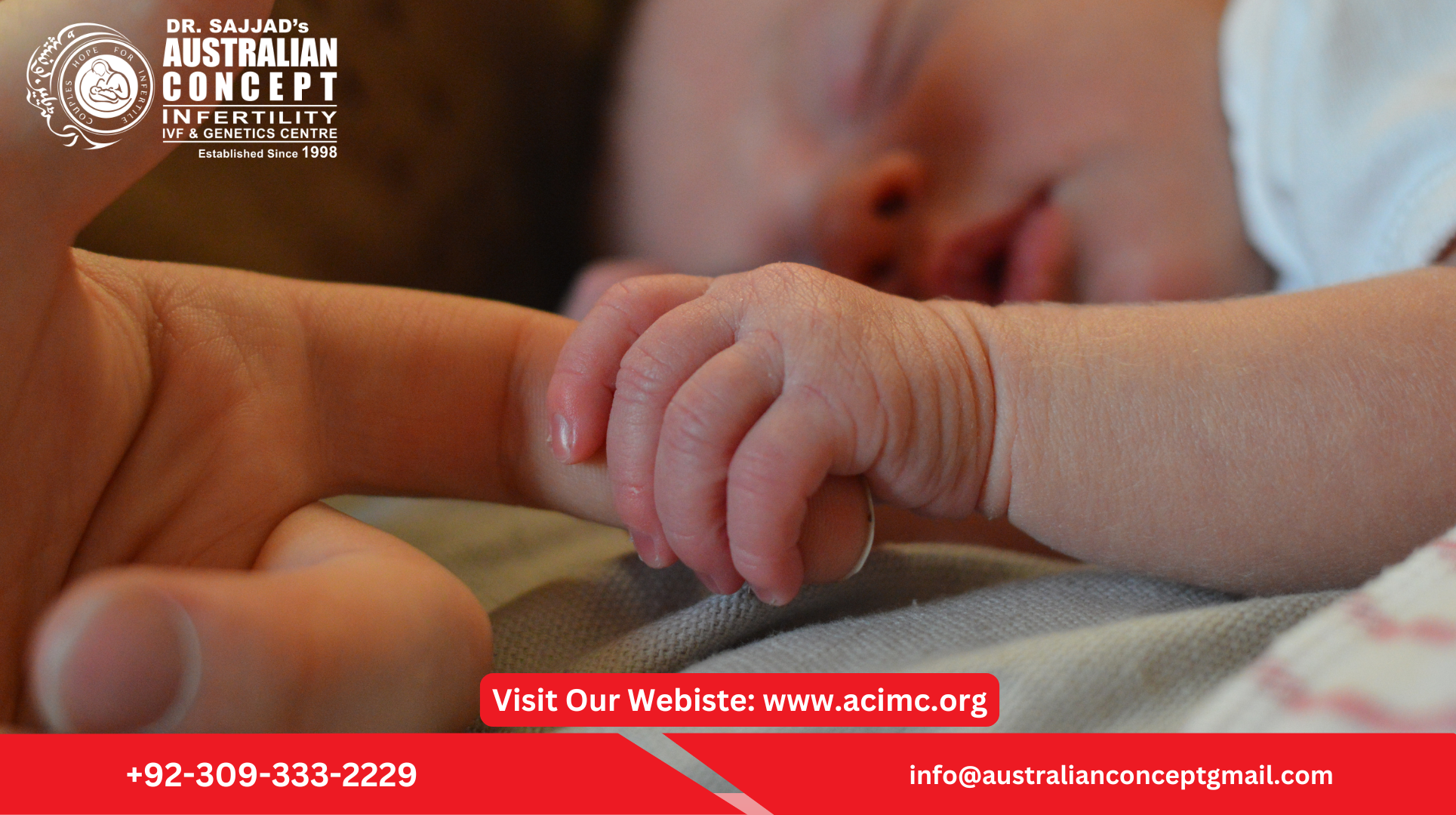Embarking on the journey of IVF treatment can be both hopeful and emotionally overwhelming for couples. While it brings the promise of parenthood, it also involves physical, financial, and psychological stress. The process is often filled with anticipation, uncertainty, and emotional highs and lows. Understanding these emotional challenges can help individuals and couples prepare better, manage expectations, and seek the right support throughout the journey.
Table of Contents
ToggleUnderstanding IVF and Its Emotional Impact
In Vitro Fertilization (IVF) is a complex medical procedure where eggs and sperm are fertilized outside the body in a laboratory. Once fertilization occurs, the resulting embryo is transferred to the woman’s uterus to initiate pregnancy. Although this process has helped millions of couples worldwide, it can take a significant emotional toll due to its demanding nature, uncertainty, and the pressure of achieving success.
Each stage of the IVF process from hormone injections to embryo transfer comes with its own emotional challenges. The waiting periods between steps, especially the two-week wait for pregnancy results, can be the most stressful and emotionally draining.
Common Emotional Challenges During IVF Treatment
-
Anxiety and Stress
Anxiety is one of the most common emotional struggles during IVF. Couples often feel worried about the outcome—whether the treatment will work or not. The multiple medical appointments, injections, and hormone treatments can add to this stress. For many, the fear of failure becomes an everyday concern, making it difficult to stay calm and optimistic. -
Emotional Rollercoaster from Hormones
The hormonal medications used in IVF can significantly affect mood and emotions. These drugs are essential to stimulate egg production, but they can cause mood swings, irritability, and heightened emotional sensitivity. Women often experience sudden bursts of sadness or anger, even without any apparent reason, due to the hormonal changes in their bodies. -
Financial Pressure
IVF can be an expensive procedure, especially when multiple cycles are needed. This financial burden often adds extra stress to couples, particularly those balancing other life responsibilities. The fear of investing emotionally and financially without a guaranteed result can weigh heavily on their minds. -
Fear of Failure
Despite all efforts, IVF doesn’t always lead to pregnancy. This fear of failure can create constant anxiety and self-doubt. Some individuals blame themselves or their bodies for not being “good enough,” which can lead to feelings of guilt and shame. Such emotions can lower self-esteem and strain the relationship between partners. -
Social and Cultural Pressure
In societies where family and childbearing are highly valued, couples facing infertility often experience social pressure and judgment. Friends and relatives may unintentionally ask insensitive questions or offer unsolicited advice, which can make couples feel isolated or misunderstood. The stigma surrounding infertility still exists in some communities, making it even harder to discuss openly. -
Relationship Strain
IVF treatment can affect the emotional connection between partners. The stress, disappointment, and physical demands can create distance or misunderstandings. Sometimes, one partner may feel more emotionally invested than the other, leading to frustration. However, open communication, empathy, and mutual support can strengthen the bond and make the journey more manageable. -
The Waiting Game
One of the hardest parts of IVF is the waiting period waiting for egg retrieval, fertilization results, and ultimately the pregnancy test. This time can feel endless, filled with fear and hope in equal measure. The uncertainty of not knowing whether the treatment worked can lead to sleepless nights and emotional exhaustion. -
Emotional Fatigue from Repeated Attempts
IVF is not always successful in the first attempt. Couples who go through multiple cycles may experience emotional burnout. The repeated hope and disappointment cycle can be devastating, leading to feelings of hopelessness or depression. It’s essential to acknowledge these emotions and take breaks when necessary.
Coping Strategies for Emotional Challenges
While the emotional challenges of IVF are real, there are effective ways to cope and make the process emotionally manageable.
-
Seek Emotional Support
Talking to a counselor or therapist who specializes in fertility can help process emotions and provide coping tools. Joining support groups with other couples going through similar experiences can also be comforting. -
Open Communication Between Partners
Honest communication is vital during IVF. Sharing fears, frustrations, and hopes with your partner strengthens emotional connection and reduces misunderstandings. Supporting each other through difficult moments can make the journey less isolating. -
Manage Stress Through Self-Care
Engaging in activities that reduce stress such as yoga, meditation, reading, or gentle exercise can help maintain emotional balance. Prioritizing relaxation and maintaining a healthy routine is important for both physical and mental well-being. -
Focus on What You Can Control
IVF outcomes are not always predictable, but focusing on small, manageable aspects such as following the doctor’s advice, eating well, and getting enough rest can give couples a sense of control. -
Limit Exposure to Negative Influences
Avoid unnecessary comparisons or negative discussions about infertility. Social media and external opinions can sometimes increase stress, so it’s important to focus on personal well-being rather than outside judgments. -
Take One Step at a Time
Breaking the process into smaller steps can make it less overwhelming. Instead of focusing on the final outcome, concentrate on completing each stage calmly and positively.
Conclusion:
The journey through IVF treatment is more than just a medical procedure it’s an emotional experience filled with challenges, hope, and resilience. Couples often face anxiety, stress, and emotional exhaustion, but these feelings are completely natural. With emotional support, open communication, and self-care, it is possible to navigate these challenges with strength and optimism.
While IVF in Lahore may be demanding, it also offers the precious hope of parenthood. By understanding the emotional aspects and preparing mentally, couples can approach the process with greater patience and confidence, turning their journey into one of courage, love, and hope.
